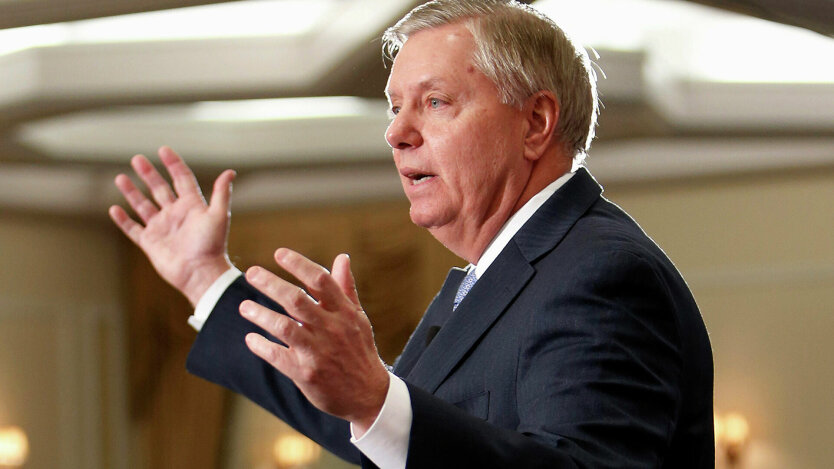Taiwanese tech giant Hon Hai prepares for Trump's 'tariff storm'.


On one hand, Hon Hai's sales in the first quarter increased by 24.2% to NT$1.64 trillion, driven by strong demand from data centers, especially for AI servers. However, despite the growth momentum, Hon Hai cautioned about the impact of evolving global political and economic conditions on its sales, citing concerns about tariffs and a potential global economic downturn, Bloomberg reports.
The company is exploring ways to expand production in the U.S., including a partnership with Apple to manufacture servers in Houston, in order to mitigate the impact of tariffs on its business.
Hon Hai Precision Industry Co.'s sales in the first quarter grew at the fastest rate since 2022 due to strong demand from data centers, which is a positive signal for the artificial intelligence sector amid tariff-related concerns.
The Taiwanese supplier of AI servers, Nvidia Corp., and Apple's iPhone benefits from the surge in demand for servers to power AI computations from companies such as Alphabet Inc. and Amazon.com Inc.
Hon Hai's revenue increased by 24.2% in the first three months of 2025 to NT$1.64 trillion (US$49.8 billion), which meets analysts' estimates. The contract manufacturer stated that it expects the cloud and networking product segment to maintain growth momentum in the second quarter.
But Hon Hai warned that while it anticipates overall sales growth 'based on current visibility', it will need to closely monitor the impact of evolving global political and economic conditions.
The cheaper AI model from the Chinese startup DeepSeek raised doubts about the growing price competition and economic viability of multi-billion dollar data center spending plans. This is combined with fears of a global economic downturn caused by a series of steep tariffs imposed by U.S. President Donald Trump.
Signs of weakness are emerging even in the AI sector. Microsoft Corp. has scaled back projects globally, although it claims to remain committed to spending around $80 billion on building data centers by June. According to people familiar with the situation, the software company recently halted negotiations or postponed developing facilities in Indonesia, the UK, Australia, Illinois, North Dakota, and Wisconsin.
Tariffs are disproportionately harming Apple’s smartphone business due to its reliance on China, wrote CreditSights analysts Jordan Chalfine, Andy Lee, and Michael Pugh in a note to investors. Apple’s efforts to diversify into Vietnam and India offer little relief, they noted.
'Equipment manufacturers are facing direct impacts, especially companies that sell smartphones, PCs, and servers,' analysts said. They estimate that reciprocal tariffs will deal a nearly $100 billion blow to the global tech sector, based on the value of U.S. tech imports in 2024.
According to analysts' estimates, U.S. tariffs on regions such as Taiwan, Vietnam, and India – key beneficiaries of the 'China plus one' strategy – could create increasing pressure on electronics manufacturing service (EMS) firms like Hon Hai and Quanta, potentially hindering both margins and demand. EMS players with significant capabilities in the U.S., such as Flex and Jabil, may benefit from an influx of orders. Asian manufacturers may rely on Mexico as a short-term safety cushion while increasingly prioritizing their presence in the U.S.
Read also
- Zelensky announced synchronization of sanctions with the West and decisions on international conventions
- Ukrainian men will need another document to leave Ukraine: what has changed
- Without this, pensions will not be credited: thousands of elderly people face a problem
- Almost 1000 hryvnias to pension: additional payments for a special category of elderly people introduced in Ukraine
- It's Time: Graham Claims Trump Gave the Green Light for Harsh Sanctions Against Russia and Its Allies
- Three times cheaper: prices for young potatoes have fallen in Ukraine, how much do tomatoes cost










